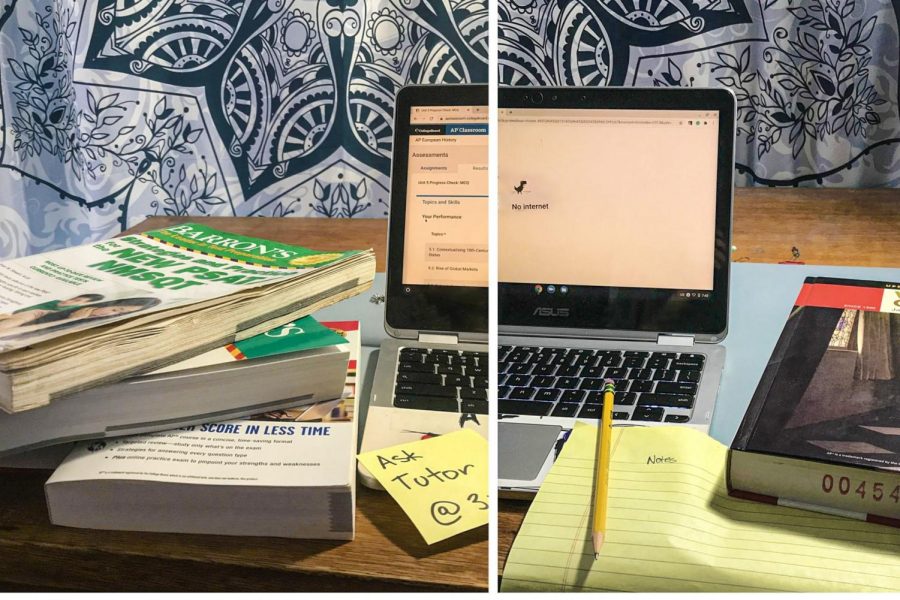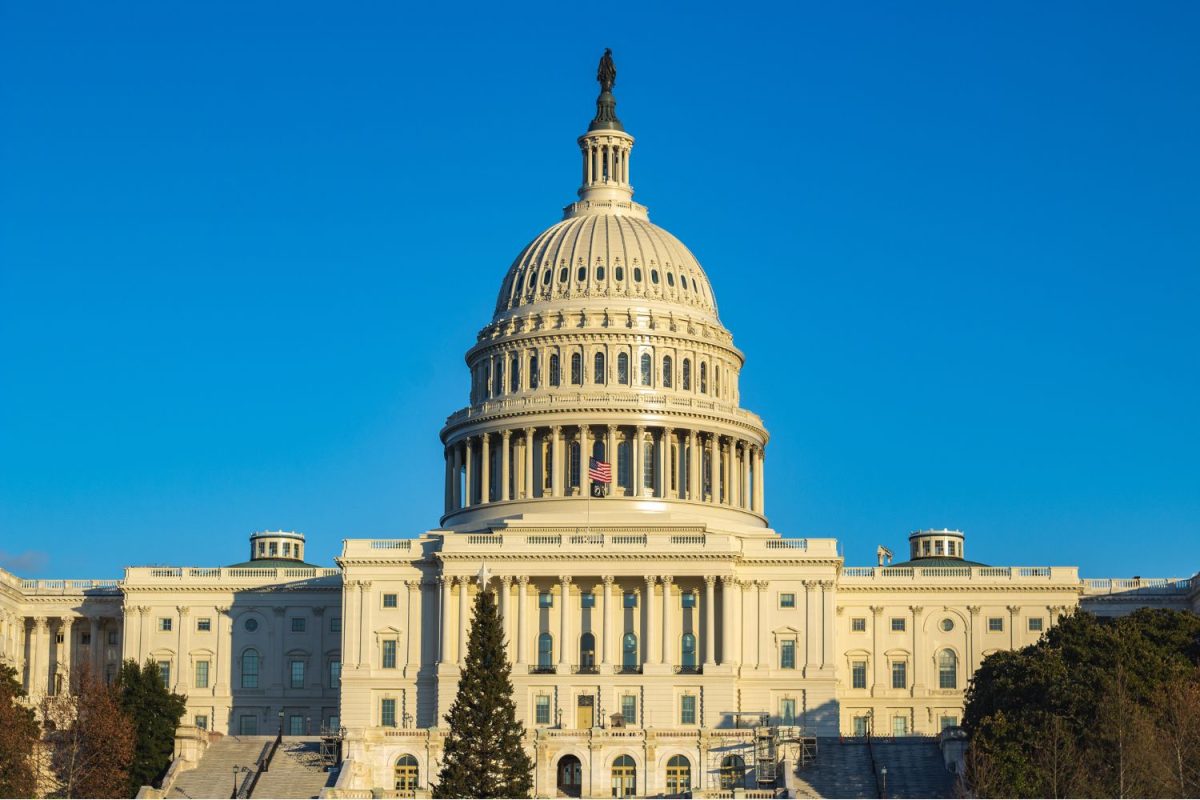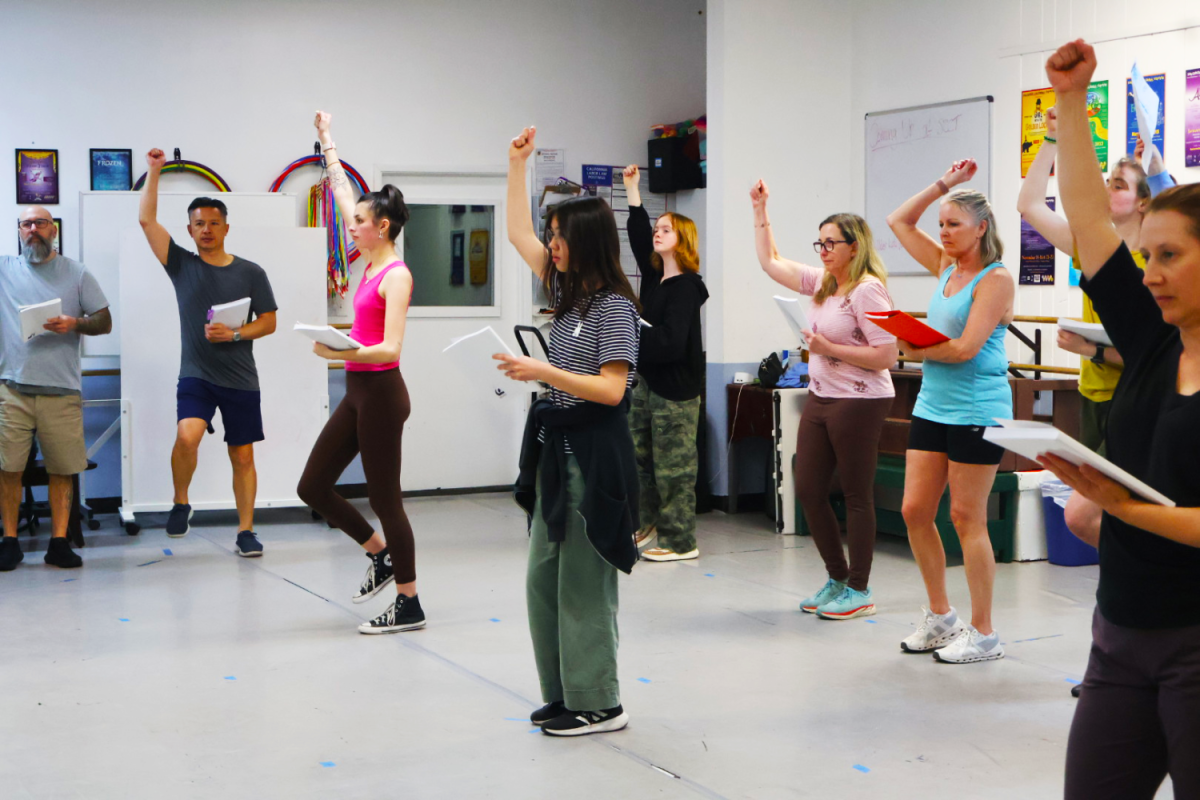When students hear the phrase “College Board,” thoughts of PSATs, SATs, Advanced Placement (AP) classes, and college applications immediately cross their minds.
While the College Board provides all of these services, it encompasses more than standardized tests and specialized classes. According to the College Board website, its mission is to “expand access to higher education” and “[connect] students to college success and opportunity.”
However, despite the organization’s goal to provide more students with access to higher education, inequities within the College Board and the college admissions process make it strenuous for some students to pursue a college education. Many students cannot access services or information to pursue higher education, contradicting what the College Board claims to strive for.
In the 1960s, during the United States’ civil rights era, there became expanded awareness of inequities regarding minorities as people voiced their disapproval of the unjust education system. The College Board began to acknowledge its role in preventing minorities’ access to higher education.
The book “Minority Programs and Activities of the College Entrance Examination Board: A Critical Review and Brief Look Ahead,” published in 1976, was written by George H. Hanford, the College Board’s Senior Vice President of Operations at the time. Hanford noted four major issues regarding unequal access to higher education. They “[were] guidance programs, desegregation of test centers, and the focus on financial aid problems and test use [which] can be seen [as] the roots of the problems facing minority youth in achieving access to postsecondary education.”
The College Board’s solutions regarding these inequities started with the desegregation of testing sites, which was fully accomplished by 1965. There was also an issue brought up in 1970 about new testing centers being located in predominantly white neighborhoods, making it harder for minority students to access them. The College Board made more adjustments to make testing centers accessible to all students.
Hanford’s book also described studies like Project Opportunity, which looked to increase Black students’ opportunities to pursue higher education. One of their findings showed that access to helpful guidance services was necessary for students to succeed.
The study found that guidance programs in minority schools were not effective in providing support for students that wanted to go to college. One solution suggested was to provide better education for high school counselors to better support minority students in higher education. Another solution had minority students that ended up going to college return to high schools to share their knowledge and experience about higher education.
There have been great strides in responding to issues from the 1960s, such as including financial aid services within the College Board. Other improvements are the multiple redesigns of the SAT, with the most recent changes first administered in 2016. The latest revision sought to align better with high school standards.
Although those solutions were helpful, “Minority Programs and Activities of the College Entrance Examination Board: A Critical Review and Brief Look Ahead” noted that solutions implemented by the College Board did not have a considerable influence in changing minority access to education. As the College Board went through their testing, they realized that “the barriers lie, at least in part, outside of its [the College Board’s] mission, influence, and control.” They also noted some examples of issues considered out of their control, like ineffective guidance within the elementary level and academic underdevelopment.
Dr. Owen Lloyd Knox Elementary School is a school located in downtown Los Angeles. Most of its students are low-income and come from first-generation immigrant families, making them targets for inequities within the College Board system and the college admissions process.
Maria Vazquez, student advocate and principal of Dr. Owen Lloyd Knox Elementary School, described some significant issues regarding her students’ accessibility to college, including financial disparities and technology access. Although many issues involving elementary education are not connected to the College Board, they affect students later when they want to pursue higher education.
“Funding in urban city schools is much less than in a school in a suburban city. Our schools do not have the money to offer enriching programs, quality after-school programs, and well-prepared teachers,” Vazquez said.
One of the issues that Vazquez has been working to resolve is the issue of students not retaining the information they learn. She works to resolve the issue by holding teachers accountable.
“[It is] shifting the focus from the teaching to the learning… where before the teachers used to say, ‘Oh, I taught that, if they don’t learn, it’s not my problem,'” Vazquez said. “It has to be our problem; if the students don’t learn, we have to make sure that the learning is transferring.”
Vasquez has also dealt with the Achievement Gap and how it has been used to make minority and low-income students believe that there is something wrong with them.
“It is the school system that is bringing our communities down, and not our families, because even though they [the parents] are illiterate, they still find ways for the kids to come to school, and they want them to learn; what parent doesn’t want their child to learn? I haven’t met one yet,” Vazquez said.
Vazquez also said that she raises awareness about the importance of college to students and their families, providing as much information as possible.
“One thing we do is talk about college. We put little things like banners in the auditoriums and have a college week, or wear your favorite college shirt on Fridays. We have the teachers share what college they went to and immerse that conversation here at the school site because if they’re first-generation students, they don’t know what’s out there. So we need to tell them, and the parents as well,” Vazquez said.
There are also people providing information to families within Carlmont’s grounds. Katherine Ortiz is Carlmont’s AP coordinator and English Learner Advisory Committee (ELAC) parent coordinator; she spends a large part of her day providing information to anyone who asks for it.
“One of the big things about access to education has to do with making sure everybody has the proper information because a lot of families aren’t aware. Everyone’s parents want their kids to go to college, and it’s important that we share resources within the community,” Ortiz said.
Although providing information has been necessary to improve education access, other barriers that block access to education are a bit harder to fix. One of these significant barriers involves access to technology.
In Silicon Valley, access to technology is not a massive issue, as a majority of students in the area have stable access to an internet connection. If students don’t, most districts have a surplus of technology to hand out to students. However, at Dr. Owen Lloyd Knox Elementary School, there isn’t enough funding within the school or district to provide adequate technology, an issue exacerbated by the COVID-19 pandemic and a new dependency on online learning.
From the College Board’s founding 120 years ago, society has changed regarding education, and the College Board adapted its services with it.
Currently, due to the COVID-19 pandemic, online learning and reliance on technology have already changed the College Boards’ typical operations. The AP and SAT testing are changing due to the pandemic, and many colleges are not requiring the SAT for college admissions. At this point, it is unclear how the College Board will adopt future testing practices.
For Vazquez, she has started to notice a shift in how educational leaders view minority issues and is excited to see that change continue to grow.
“Leaders are looking and saying, this curriculum is not working for our minorities, which I’m happy to hear because it’s not, and the teachers, which are the practitioners, have been voicing that for years,” Vazquez said.

































